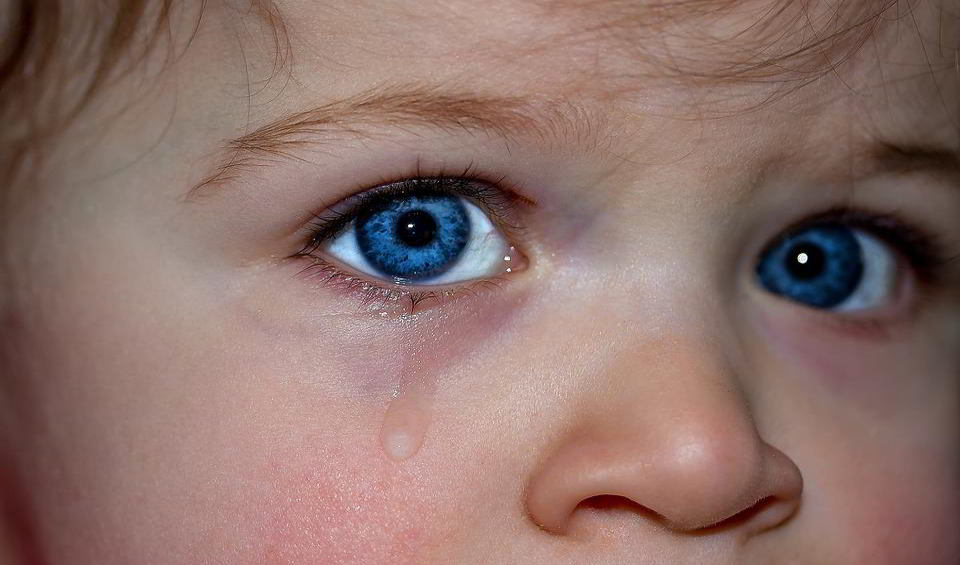How to Help a Child Cope With Domestic Violence

Here’s how to help a child cope with domestic violence It’s not easy to deal with domestic violence, especially when it involves children. …

Here’s how to help a child cope with domestic violence It’s not easy to deal with domestic violence, especially when it involves children. …